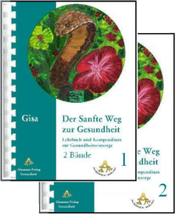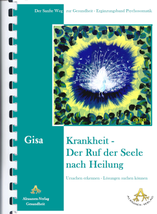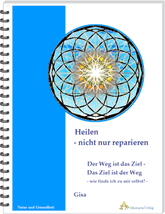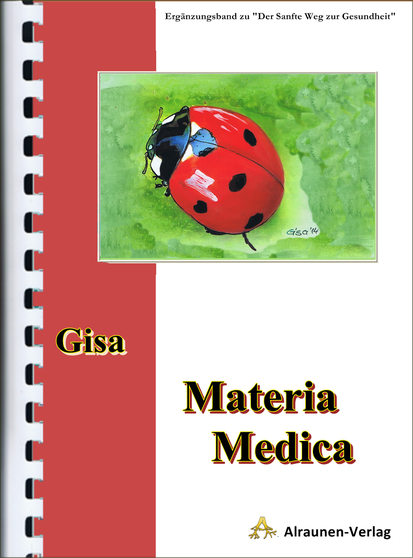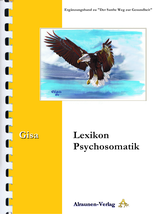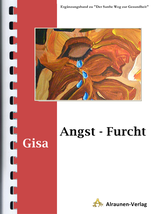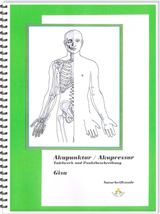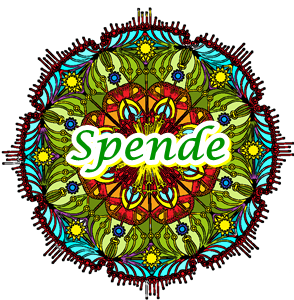Botanical name : Aesculus hippocastanum Linn.
Family : Hippocastanaceae
Synonyms :
- Latin: Hippocastanum vulgare Gaertn;
- English: White chestnut;
- Spanish; Castano de India;
- French: Marronnier d’inde;
- German : Gemeine Rosskastanie.
Mind/emotions
Mentally preoccupied and worried; cannot release worrisome thoughts; absent-mindedness.
Unsolvable problems haunt the mind; cyclical thoughts without conclusion. Thought content may be laden with anxiety and apprehension. Conscientiousness. Fixated thoughts or thought patterns, obsessive-compulsive preoccupation, ritualism, irrational exaggeration; (persistent delusions).
hronic introspection; internal arguments and conversation; theorizing. Finds own self internally preoccupied while interacting with others; may feel remorse from not having paid true attention.
During joyful or recreational endeavors, worrisome thoughts may interfere and stifle the joy of the moment. Intensity of the mind; overexertion of the “mental muscle.” Lack of mental peace and serenity; lack of tranquility, longs for release and repose. Excessive self-observation in regard to mental/emotional or physical symptoms; feels caught within own self.
- MIND – ANTISOCIAL
- MIND – CHEERFULMIND – TALKING – himself, to
- MIND – THOUGHTS – rapid
- MIND – TRANQUILLITY
- MIND – UNCONSCIOUSNESS
Physical
Tightening of the forehead and region between the eyes from worry and internal preoccupation; frontal headaches. Premature loss of clarity of eyesight; the nerves supplying the eyes are affected.
Lack of a calm and serene gaze. Non-release of worry and preoccupation can result in chronic “indigestion” and affect the gastrointestinal tract (gastralgia, hypermotility, ulcers, pylorospasms, gastrointestinal pain, enterocolitis, irritable colon). Excessive worrisome observation of symptoms, with likely worsening of symptoms therefrom. Grinding of teeth from working through worrisome thought content. Insomnia from failure to release disturbing thoughts. Overactivity of the mind from engorgement of veins and congestion of blood to the head; hypertension. (Aesculus hippocastanum, the homeopathic medicine prepared from the ripe kernel, concerns with a symptom picture of failure to focus the mind, irritability, excessive congestion of blood, and engorgement of veins.* In gemmotherapy, by utilization of the young shoots or buds of the plant, this remedy addresses hemorrhoids.) It appears that in nervy, as opposed to plethoric patients, White Chestnut may cause a certain lightness or “emptiness” of the mind, and the remedy Clematis may be indicated in addition.
- Hypertension
- Ulcerative colitis and Crohn’s disease
- Insomnia – intermittent type (due to excessive demands and suppression of hostility)
- Cardiac neurosis
- Nervous breathing syndrome – ‘respiratory corset’
- Gastric and duodenal ulcers – patients with character neurosis Irritable colon
Compare
Mimulus: Worrisome, anxious concern in regard to certain fear-arousing situations; anxious observation of symptoms, excessive self-observation.
Cherry Plum: Fixated, recurring thoughts with shocking, unwanted content.
Scleranthus: Mental overstimulation; worries excessively from having to decide between two options.
Agrimony: Wants to avoid facing issues and problems, denies them or pushes them within, from where they reassert as continued, unsettling worry.
Mustard: Depressive introspection; brooding.
Crab Apple: Fixated, exaggerated preoccupation with personal flaws or shortcomings; unable to release disturbing thoughts.
Sweet Chestnut: Despair and morbid preoccupation with the meaninglessness of life.
Elm: Burdened and overwhelmed by excessive tasks ahead; the mind cannot gain an overview and is subdued by worry.
Vervain: Overwrought, nervous state; the mind grips a topic and does not let go; restlessly motivated to put thoughts into action.
Homoeopathic Medicine and White chestnut
Natrum muriaticum: Introspection and grief; internalization of grief; dwells on past disagreeable occurrences, harbors resentment; headaches from preoccupation with grief; breath is short and tight; hypertension; heart palpitations causing anxiety; gastric ulcer, gastritis, inflammatory bowel disease, irritable bowel syndrome; sleeplessness from disturbing thoughts.
Camphora (Laurus camphora): Desire to be diverted from thoughts about own self, fear of own thoughts; anxiety about salvation; abstraction of the mind; feels isolated; manic impulses (cf. Cherry Plum); constrictive headaches in occiput and above root of nose, improves on thinking about it; suffocating oppression of chest; palpitations and anxiety at heart, heart can be heard striking against the side; dysentery; (coldness, blueness); sleeplessness from nervous excitement, anxious restlessness, while thinking of the morning hours.
Oxalic acid: Worsening of symptoms from thinking about them (opposite of Camphora); spasmodic breathing, with constricted larynx and chest; heart symptoms that are worse from thinking about them; gastralgia, pyrosis (heartburn), colic, diarrhea; wakes from nightmares and heart palpitations.
Glonoine: Recalls past grievances; great mental agitation, with headache; desire to take a deep breath, congestion to and oppression of chest; violent heart palpitations, pulsations over whole body; hypertension; gnawing in stomach, nausea, colic, diarrhea; venous constitution.
Belladonna (Atropa belladonna): Overactivity of the mind; patient is oblivious to surroundings, caught in own mental activity; visual hallucinations; migraines located in forehead, right temple, occiput; general venous congestion and pulsation; hypertension; (menopausal flushes); sleeplessness from overactivity of thoughts and pulsating blood vessels.
Spigelia anthelmia: Worrisome thoughts of the future; fixated fear of pins (Silica); pain below frontal eminence and temples; excessive observation of symptoms; cardiac neurosis; colic, diarrhea; ineffectual urging for stool (irritable colon); (sensitive to pain, neuralgic pains).
